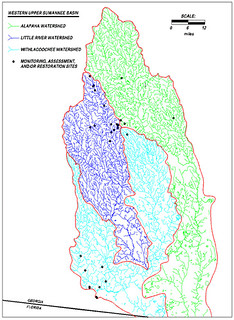 This year’s
SoGa Growing Local & Sustainable Conference
was a satisfying success, and next year it moves to Lowndes County.
This year’s
SoGa Growing Local & Sustainable Conference
was a satisfying success, and next year it moves to Lowndes County.
Not only did 260 people sign up, but
all the sessions were well-attended, and
everybody seemed to learn something new, from hoop houses to solar power, from hands-on
workshops to all-hands plenary sessions.
Of course the food was excellent.
You can get a hint from this picture of Janisse Ray opening the conference;
the food in the foreground is on the snack tables (ah, the honeycomb!).
Then there were the meals, potluck by and for a conference-full of foodies.
In 2011 about 50 people came to the first one in Tifton.
In 2012, about 150 people went to Reidsville.
In 2013, about 260 people signed up, also for Reidsville, Tattnall County,
to learn what it takes
to grow local sustainable food here below the gnat line
in this longleaf pine land of tea-colored rivers, acid soil,
and rich gardening traditions.
As Janisse Ray wrote on the
facebook event
for this year’s conference:

SoGa Growing Local 2014 will be held in Valdosta, GA. Gretchen
Quarterman will be the lead organizer. We’ll be keeping you posted
on the date so you can put it on your calendars now. (We may do a
mini version in Tattnall in 2014.)
More later on what happened at this year’s conference,
and more as it develops on next year’s conference.
So far, many local farmers, civic and business organizations,
and local governmental bodies have offered to help, and Gretchen is forming an organizational committee.
Stay tuned!
-jsq
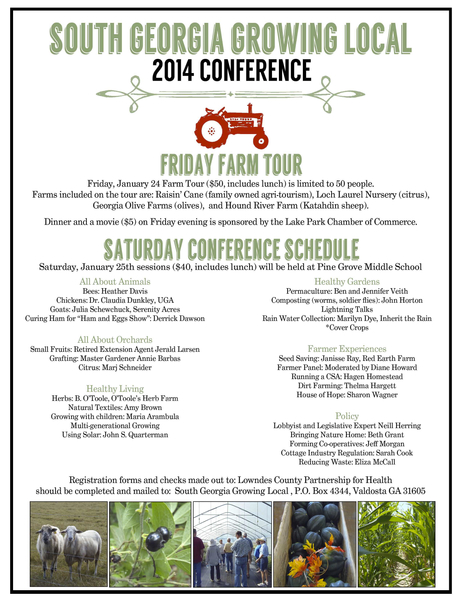 How about a registration for
South Georgia Growing Local 2014
as a Christmas gift?
How about a registration for
South Georgia Growing Local 2014
as a Christmas gift?
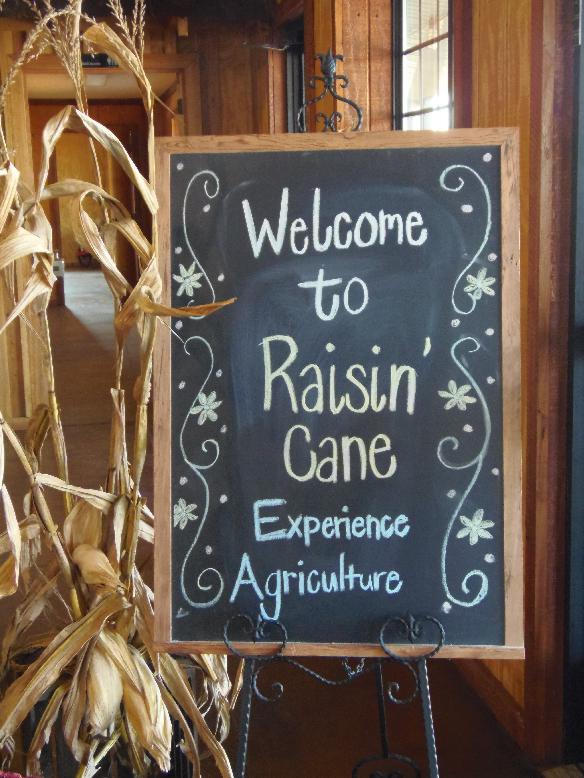

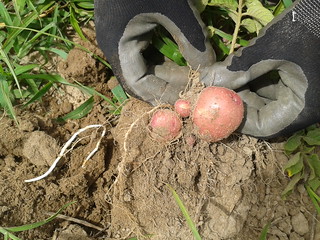
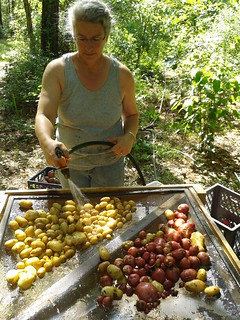


 facebook event
facebook event




